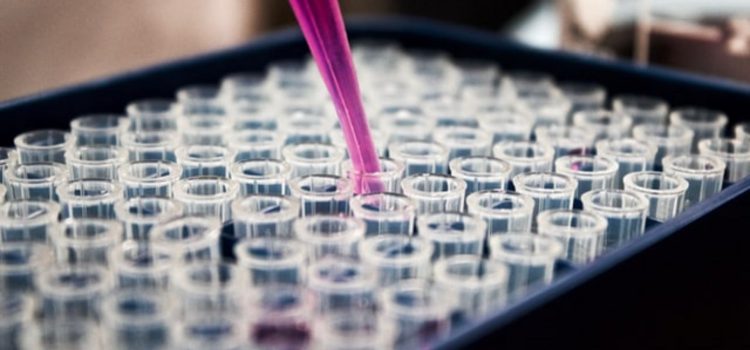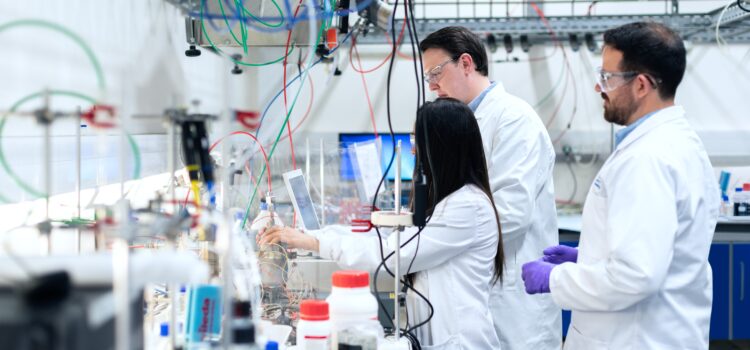Has Meghan Markle struggled with racism? Do the press’s and Royal Family’s dislike of Meghan have racist roots? In Spare, Prince Harry debates whether the press’s hatred of his wife Meghan is because of racism. Meghan, a biracial woman, has been the subject of harassment for unknown reasons since she first started dating Harry. Keep reading to learn why people dislike Meghan Markle, racism’s part in it, and what the couple has done to stop it.
Meghan Markle: Racism From the British Press










